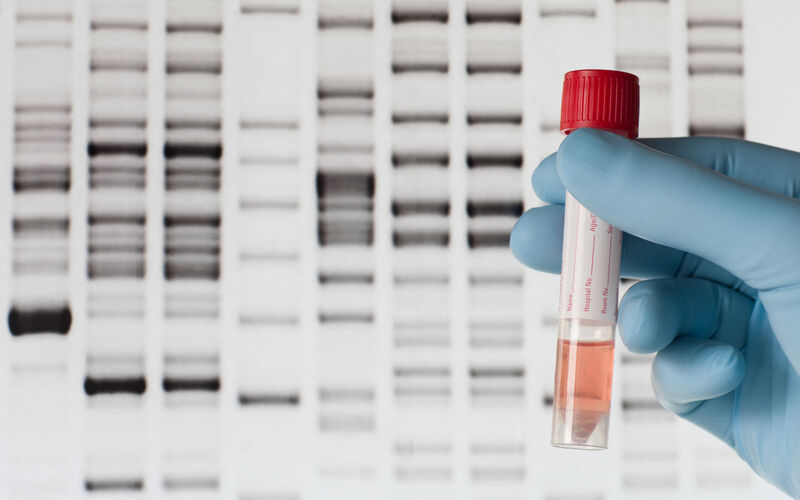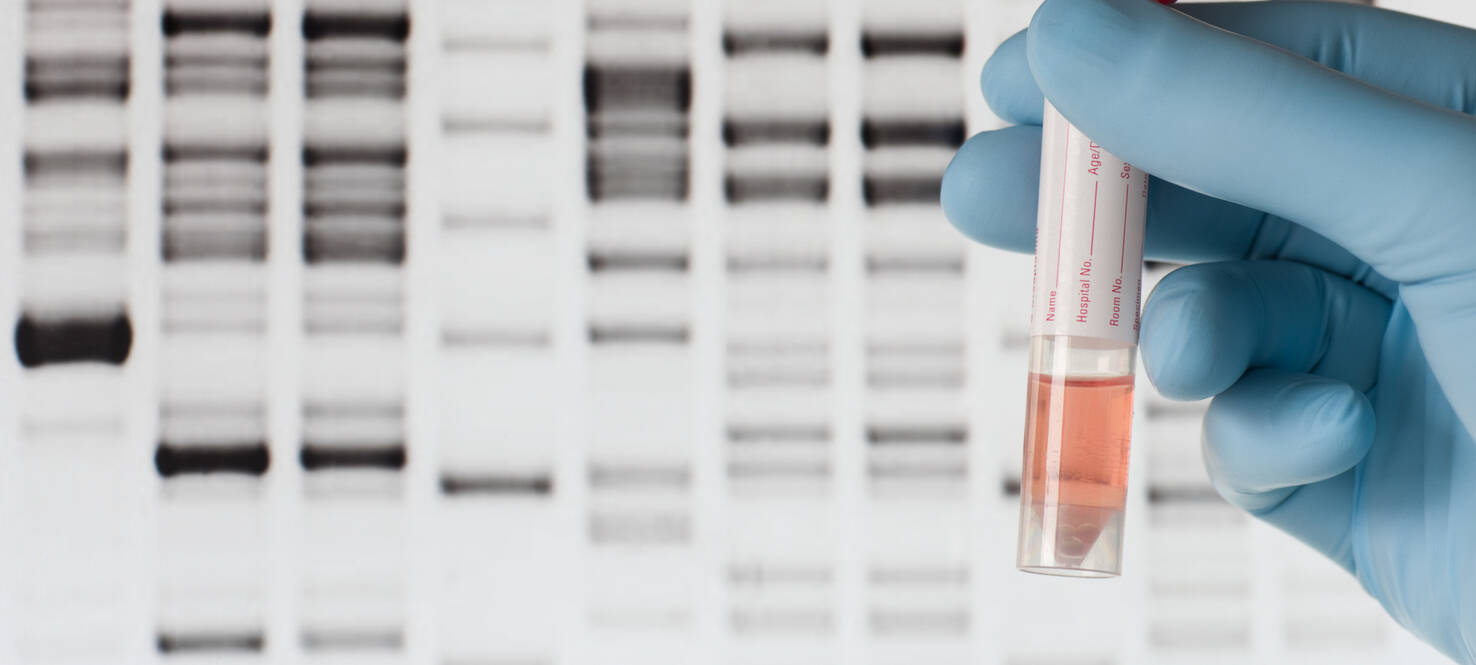5 Questions With a Genetic Counselor at Moffitt
Genetic testing is often recommended for individuals with a strong family history of cancer, seeking answers regarding their inherited cancer risks. Genetic testing can also be a helpful tool when developing a cancer patient’s treatment plan.
As a genetic counselor at Moffitt Cancer Center, Darcy Berry speaks with several patients a week.
1. What does the genetic counseling team do?
At Moffitt, our genetic counselors assess a patient’s potential hereditary cancer risks, recommend appropriate genetic testing, interpret results, and provide guidance on next steps if a genetic mutation is identified.
2. Is the genetic testing process complicated?
Moffitt offers in-person clinics, virtual appointments and mobile services for genetic testing. Tests can be done through a blood or saliva sample (with rare exceptions for patients with leukemia or a bone marrow transplant). Patients typically receive results in about three weeks.
3. Who should get genetic testing?
At Moffitt, we typically recommend genetic testing for patients with pancreatic, ovarian, or metastatic prostate cancer, as well as those diagnosed with certain cancers at a young age.
4. Are genetic mutations common?
Hereditary testing is crucial for about 10% of patients who may have a predisposition to cancer due to inherited mutations. Genetic mutations in general are a common occurrence; for instance, mutations in the BRCA1 and BRCA2 genes are estimated to affect over a million people in the United States, although most people with hereditary cancer risk are undiagnosed. Our most common hereditary GI cancer syndrome (Lynch syndrome) would also impact about a million Americans based on current estimates.
5. What should you do if you think you need genetic testing?
The most important step is to consult with your doctor and discuss the topic. To learn more about genetic testing, you can speak to a Moffitt team member by calling 1-844-509-1261.




